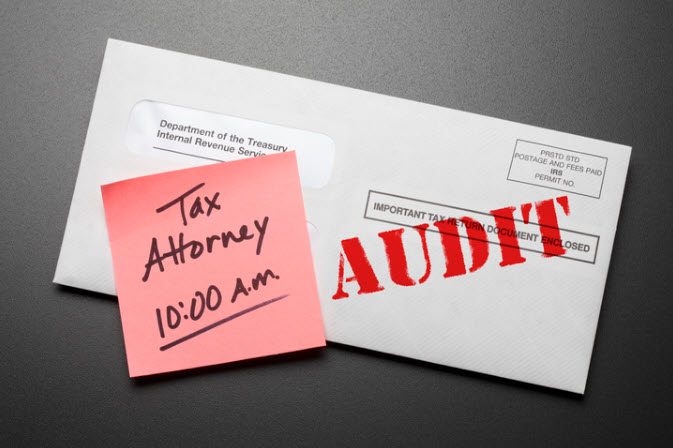
Why do you need an experienced tax lawyer for a California business tax audit? What are some of the genuine risks during an audit of your business or professional practice?
3 Key Ideas About Why You Need a Tax Lawyer for a California Business Tax Audit
- It is not in your best interests to attempt to represent yourself, or even to speak with representatives of the California Employment Development Department, Franchise Tax Board, or California Department of Tax and Fee Administration.
- The IRS and the various California tax agencies exchange information. Therefore, a California business tax audit often leads to an IRS audit, and vice versa.
- You and your company face substantial personal, legal, financial, compliance, and operational risk during any California or IRS tax audit.
Business Audits Require an Experienced Tax Attorney
If you are in business in San Diego or anywhere in the State of California, or conduct business in-state, you will eventually need a proven, experienced tax lawyer for a California business tax audit. California companies and those who conduct business within the State of face a genuine risk of audit from multiple California tax boards, including:
- Employment Development Department or EDD
- Franchise Tax Board or FTB
- California Department of Tax and Fee Administration or CDTFA
If you have been contacted regarding a business tax audit, you and your company are already facing substantial risk, and you should contact an experienced California tax attorney immediately. The issue isn't simply the present California business tax audit you may be facing, but the surprising fact that other California agencies and an IRS audit are likely soon to follow. California tax agencies communicate directly with one another and with the IRS. Once an audit is completed with one agency, another will usually soon be knocking at your door.
It's Not Just About This Audit - Other Agencies are Likely to Follow
This is why you need an experienced tax lawyer for a California business tax audit. It is essential to consider not only the specific facts of the audit at hand but also the inherent risks associated with the present audit's determinations and their potential impact on future exposure with other California agencies and the IRS. Your tax attorney must focus on limiting the scope and details of any audit to reduce risk and financial exposure in the present, as well as any potential risks that may arise from subsequent audits.
Your business tax attorney should also handle all communications with tax auditors and associated document requests on your behalf, and manage all in-person meetings or Zoom conferences as well. This ensures that the audit remains tightly focused, limiting your exposure.
For example, the California EDD is constantly seeking California employers with 1099 employees. This is the first question they will ask during any EDD audit: "Do you have any 1099 workers?" If you have 1099 workers, you can expect the agency to attempt to reclassify those workers as "employees." This has severe financial consequences for any California business. It exposes your company to substantial civil penalties of up to $25,000 per incident, as well as back payroll taxes, wages, and benefits.
Additional Potential Risks of a California Business Audit
A California business tax audit may have the goal of establishing a California Nexus - conducting business in California - significantly expanding legal, financial, and tax obligations. The economic risks always include additional tax assessments and back taxes. Still, they also expose business taxpayers to further penalties and interest, trust fund exposure(s), and even personal liability for the owners or officers of the business that is the subject of the audit.
This not only disrupts the lives of the company's ownership, but also consumes internal time and resources. Poor documentation can lead to unfavorable audit findings, as auditors may attempt to disallow deductions or reconstruct sales and income figures. A poor result in the present audit can also flag your business for additional audits in the future.
The goal is always to minimize the impact of the present audit, while taking proactive steps to prevent the effects of one audit from expanding into another.